UTSC Affiliated Grad Students
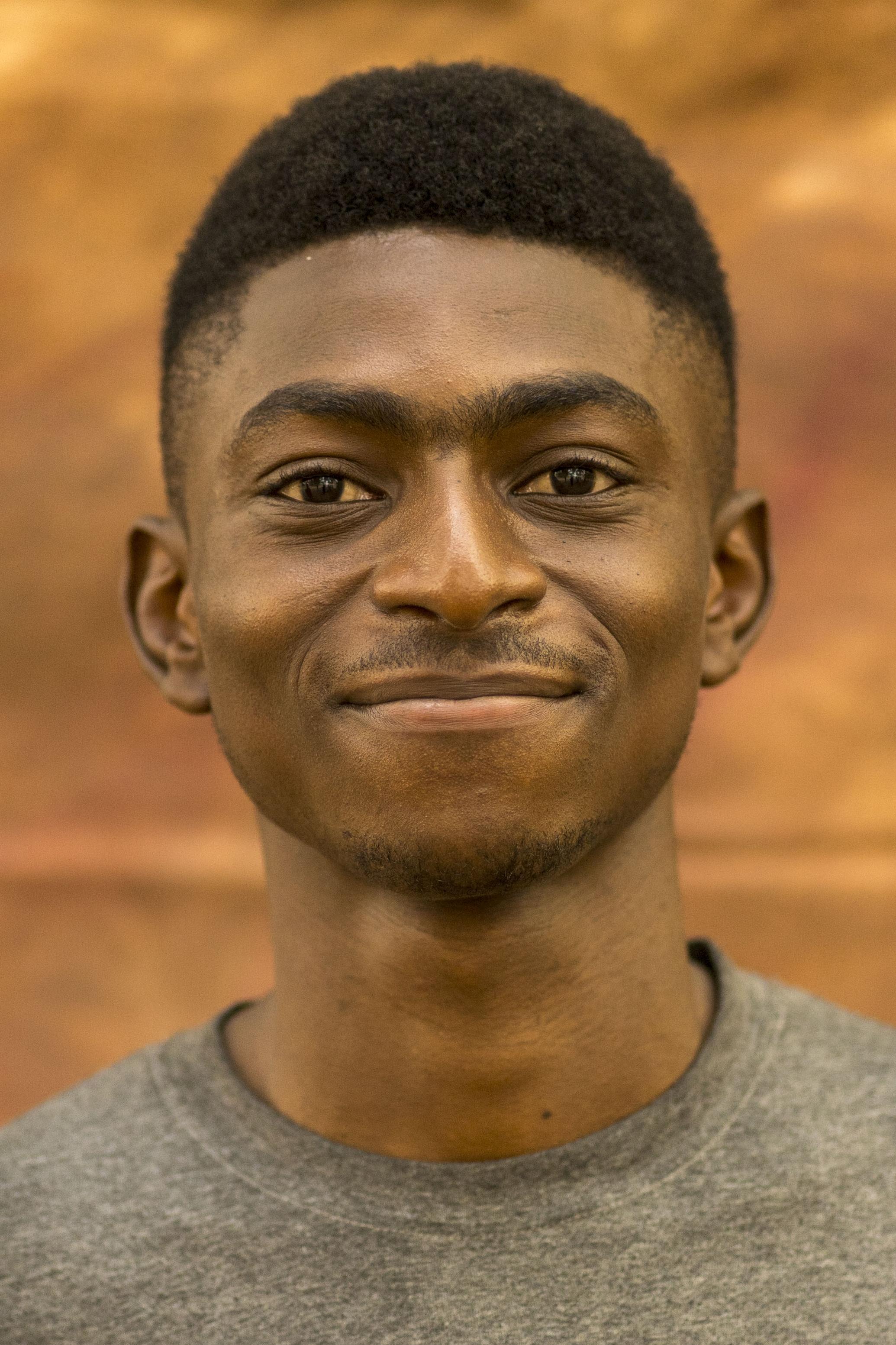
Moses Akogun
Moses Akogun is a doctoral student in Anthropology at Lisa Janz’s Lab at the University of Toronto Scarborough. He earned a B.Sc. in Archaeology at the University of Ibadan, Nigeria, in 2021. He is a zooarchaeologist whose research involves the use of isotope analyses and Zooarchaeology by Mass Spectrometry (ZooMS) to understand human-animal-environment interactions in Mongolia and West Africa. He currently works in Mongolia with Dr. Lisa Janz and their Mongolian collaborators, investigating possible human management of aurochs (wild cattle) and horses about 8400 years ago. He is committed to contributing to global discussions on cattle and horse domestication, as well as the significance of horses in the development of complex societies.
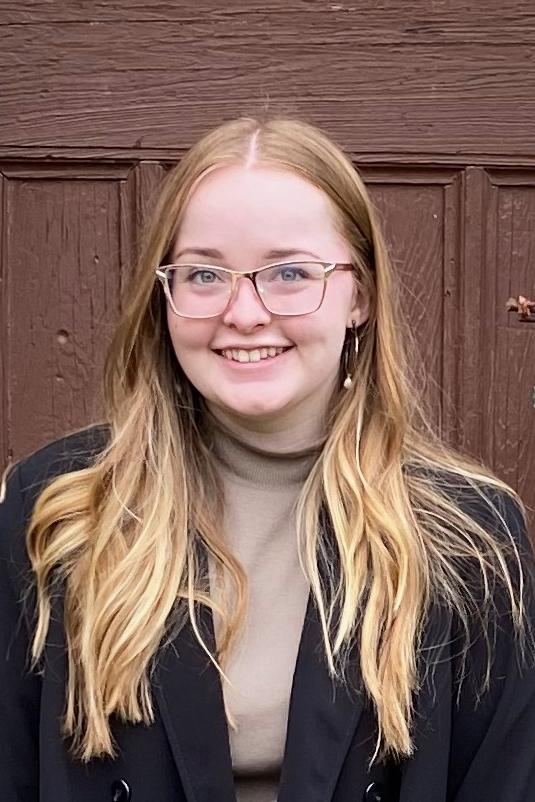
Karyn Anderson
Karyn is a PhD student in the lab of Dr. Julie Teichroeb. She received her Bachelor of Science in Primatology from the University of Calgary in 2019, and her Master of Science in Anthropology with a collaborative specialization in Environmental Studies from the University of Toronto in 2021. She is a primate behavioural ecologist, and her dissertation work is focussed on the complex social relationships of the Rwenzori Angolan colobus. Due to the high rates of infant care provided by males, and close relationships between adult males and females, Karyn is investigating if males and females form “friendships” similar to those described in baboons. Karyn’s other research interests include understanding the extent to which animals engage in non-reproductive sexual behaviours, as well as animal capacity and motivation to learn. Karyn’s research is rooted in evolutionary and feminist theory, with the goal of learning how animal behaviour is different or similar to human behaviour.
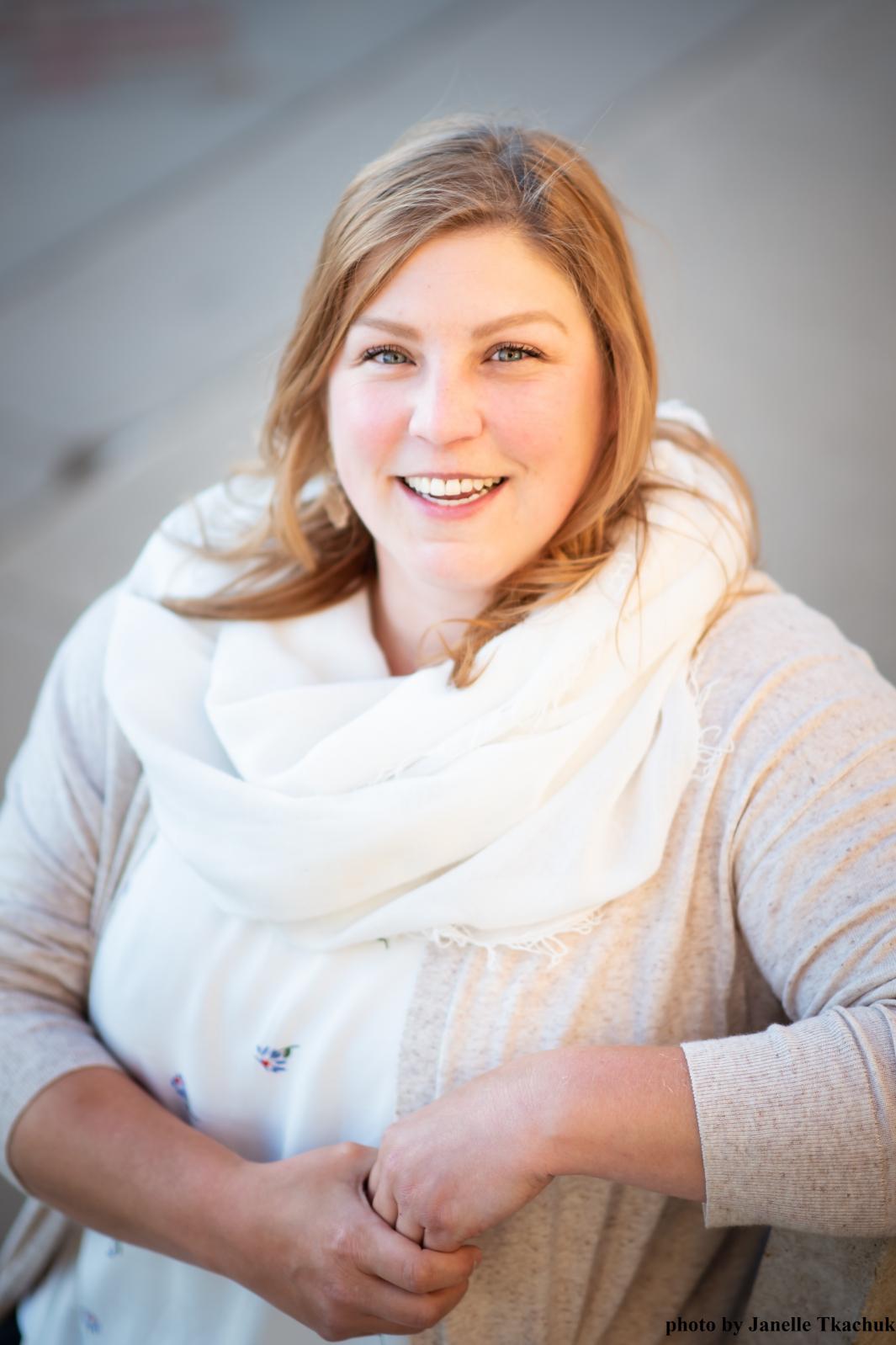
Courtneay Hopper
Courtneay Hopper is a doctoral candidate under the supervision of Dr. Genevieve Dewar. Courtneay studies how the complex social shifts related to long-standing interactions between foragers and low-level food producers (herders) can be deciphered in the archaeological record. Currently, she works in the Namaqualand Coastal Desert of northwestern South Africa where these social and economic interactions have left a particularly complex archaeological picture. To better understand how these interactions can be interpreted in the archaeological record, she combines biochemical (stable isotopes, organic residue, ZooMS), zooarchaeological, and ethnohistoric analyses.
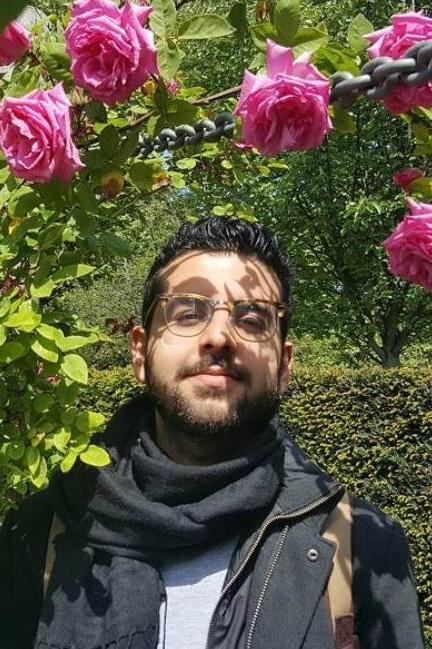
Abdulla Majeed
Abdulla Majeed is a PhD Candidate in the Department of Anthropology at the University of Toronto. Based on 18 months of ethnographic fieldwork among Iraqi exiles, migrant activists, cultural centres, and charitable organizations in Jordan’s capital Amman, his doctoral project examines how exiled Iraqis cultivate complimentary citizen-like relations despite their exclusion from the future would-be citizenry and the perceived absence of a benevolent state to anchor their rights. In light of the legal uncertainty characterizing the everyday life of Iraqi exiles in Jordan as “guests” of the monarchy—an ambiguous non-binding status evoking an anticolonial past rooted in pan-Arabism and Arab traditions of hospitality—Abdulla’s work is interested in examining how exiled Iraqis construct and work towards future aspirations for benevolent governance and ethical citizenship as their lives comes to be entangled with multiple statecrafts; Iraqi, Jordanian, and imperial. These political futures could be articulated in ways that coexist along and borrow from traditional forms of governance, or that may transcend it seeking alternative, and at times injurious, ways of occupying the world. Such anxieties come to be particularly salient once read against the backdrop of an authoritarian Ba’athist past that continues to haunt the present and an omnipresent imperial violence that engendered a post-occupation ‘democratic’ condition characterized by political corruption and paramilitary violence.
To that end, Abdulla’s work develops an ethnographic approach to imperiality by paying close attention to the duality of absence and excess entangling Iraqi everyday life and the management and effecting of multiple scales of this duality by co-constitutive statecraft projects. Abdulla’s work has been supported by the Wenner-Gren Foundation (2020), Social Sciences and Humanities Research Council Doctoral Fellowship (2021-2023), and other prestigious awards.
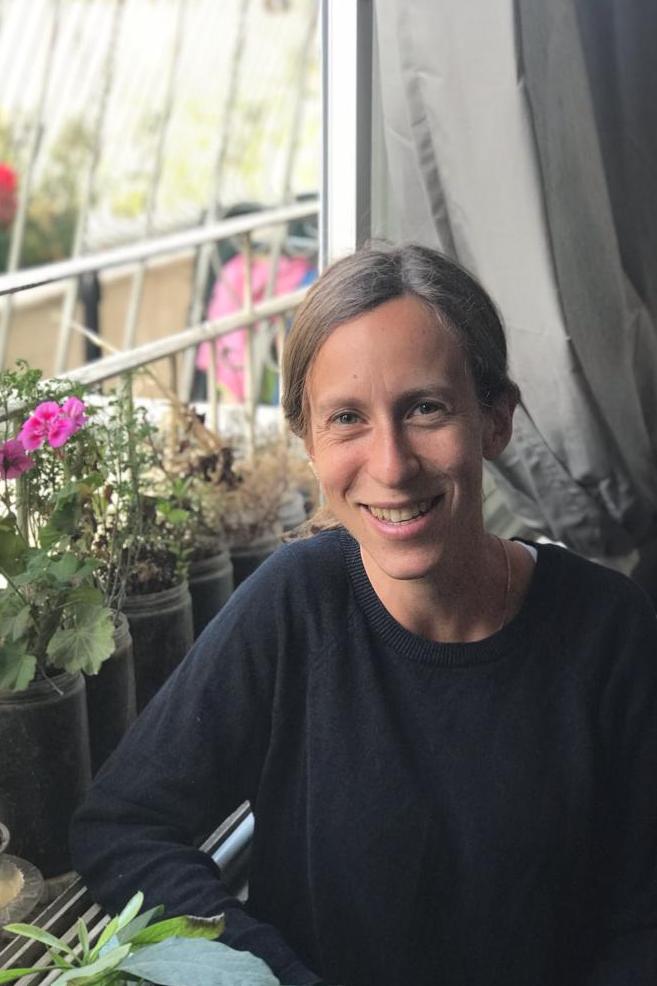
Hannah Mayne
Hannah is a PhD candidate in socio-cultural anthropology. Her research looks at Jewish women’s prayer practices in Jerusalem and the boundaries of Jewish Orthodoxy.
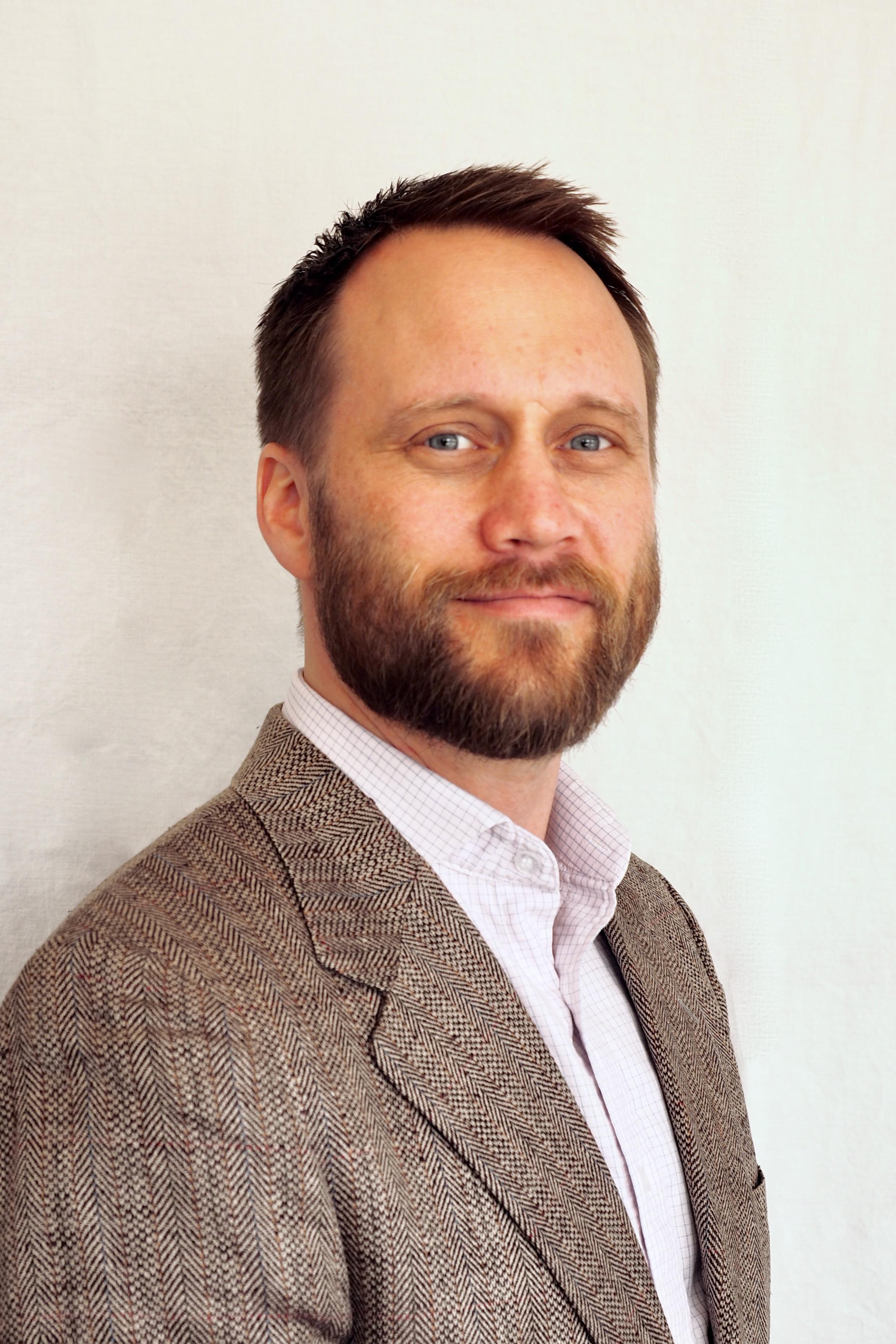
Joseph Wilson
Joseph Wilson is a doctoral student at the University of Toronto in the Department of Anthropology, Linguistic and Semiotic stream. His work examines how scientists communicate with one another in laboratory settings. He has written on topics of science, innovation, and education for SAPIENS, NOW Magazine, CBC, the Globe & Mail, the Toronto Star, Babel, and Spacing, and has co-authored three books. He has worked in exhibit and curriculum design for the Ontario Science Centre, The Royal Ontario Museum and the American Museum of Natural History.